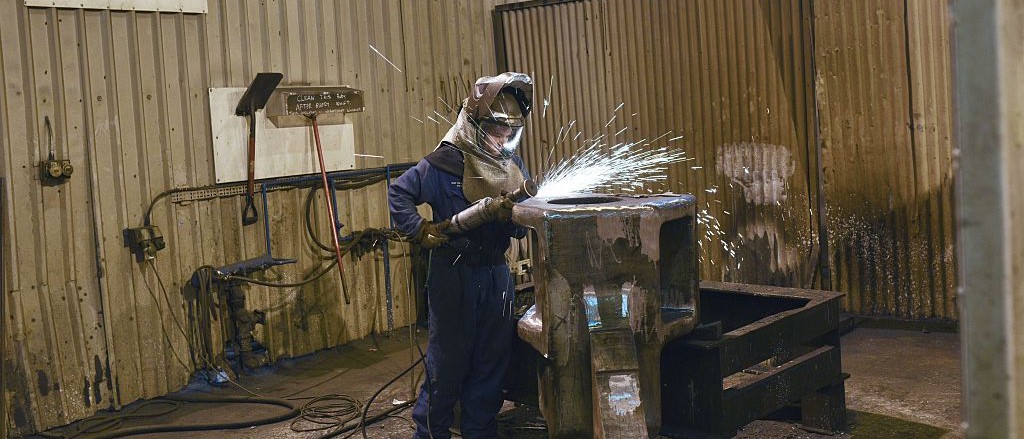Legal assistance ‘lifeline’
A former Unite member has praised the union for offering a “lifeline” of vital legal assistance after he was made ill from being exposed to diesel fumes at work.
The assistance was part of Unite’s efforts to protect workers from harmful diesel fumes, which includes a register so that members can record when they have been exposed to excessive emissions.
Former MoD fireman Peter Eaton, from Dorset, received compensation after his pre-existing asthmatic condition became worse due to being exposed to diesel fumes at Boscombe Down military airfield’s fire station, where the 52-year-old began working in 1997.
Trucks would frequently drive in and out of an unventilated vehicle garage and fill the area with diesel fumes – an issue Eaton’s former employer, QinetiQ, has now rectified following an order from the Health and Safety Executive.
Eaton said, “We really started to notice the issue around 2010. We tried to tell our employer by voicing our concerns about having to work in a toxic soup day in, day out, but our comments were held against us and we were warned that we would face sanctions if we continued to complain.”
Having been a union member for a number of years, Eaton turned to Unite for legal help – though at the time he became ill he was no longer a member.
“In the end, I had to leave as my condition made work impossible and I didn’t think I would be able to afford to fight my former employer in court,” he said.
“As I was no longer a union member when I went to Unite, for them to give me the backing they did was a lifeline and a huge shock. I couldn’t be more grateful.”
Unite regional legal officer for the South West, Stuart Davies, said the union will always fight “tooth and nail” to improve working conditions, especially with firms that take a “union-busting” stance and terminate recognition of trade unions.
Davies added, “Peter’s situation is a unique and extreme example of employer negligence and for that reason we felt compelled to recognise his years of past union membership and ensure he received free legal support.
“We worked with Thompsons Solicitors to ensure that QinetiQ faced up to what they had done, which if they have any sense at all should lead to a positive change in the working environment for others still working at the airfield.”
Workers in all sectors should be aware of the danger posed by diesel fumes, said Unite national officer for health and safety Rob Miguel.
He said, “Workers in any industry that come into close proximity with diesel engines can be at risk of health implications from fumes. In the short term these can include unpleasant symptoms such as irritation to the nose, eye and lungs, headaches fatigue and nausea.
“Long term problems can include serious effects to lung function, lead to breathlessness, detrimental effects to asthmatics and leave the person more prone to respiratory illnesses such as colds and flu. The Agency for Research on Cancer which is part of the World Health Organisation have found that diesel exhaust fumes is a cause of lung cancer, and have placed these fumes in the same cancer category as asbestos.
“We urge members who have been exposed to the fumes to fill in Unite’s diesel register. This information provides a vital record if members need to take their employer to court in the future over diesel fume exposure, and will be useful to enforcing authorities to investigate possible criminal health and safety breaches. Both will act as a powerful deterrent and force firms who are ignoring their legal duties to clean up their acts.”
Unite’s Matthew Belsey, who sits on the Health and Safety Executive’s advisory committee for agriculture – which is one of the sectors, along with road and rail transport, where workers are particularly at risk – also provided practical advice for members working with diesel in enclosed spaces.
He said: “Ventilation such as opening doors may seem very simple and obvious, so do it. If no ventilation is possible a suitable respirator to combat fumes should be provided for the work undertaken. A reputable respirator company must be used and workers must ensure it is worn. Filters must be replaced regularly.”
 Like
Like Follow
Follow

